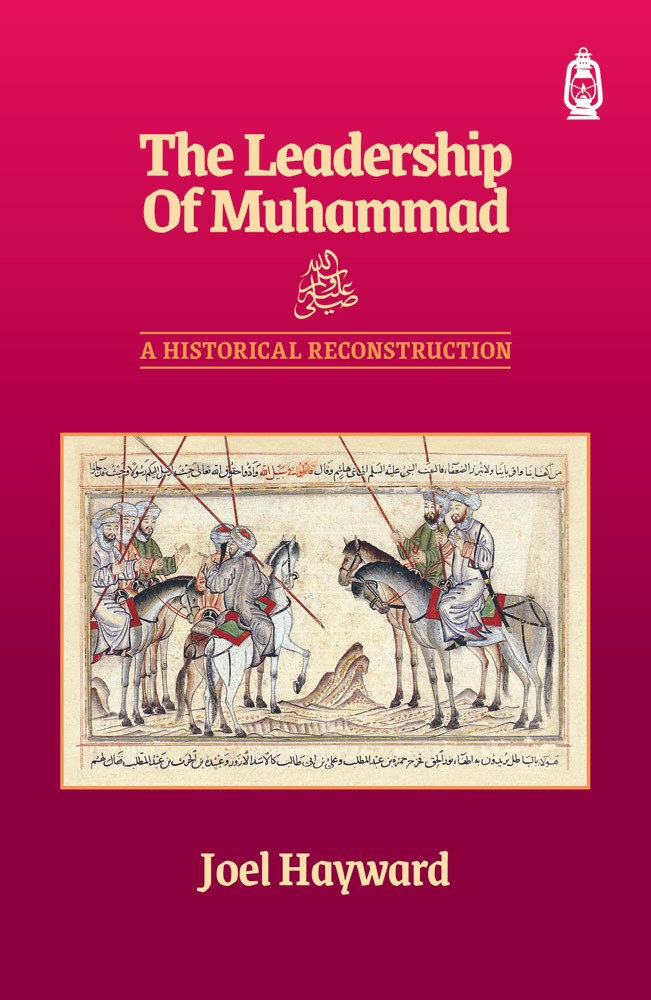
Spanning over eight chapters, backed by copious notes on the early history of Islam, especially the life and military exploits of Prophet Muhammad SAAS, one might be inclined to think that Rozhan Othman is attempting yet more of the same.
Heavier references to the life of the Prophet SAAS, deeper commentaries of the actions of the companions and an even more orderly rendition of the Quranic phrases and the Hadith.
Admittedly the book “Strategic Leadership of Muhammad SAAS,” has all of the above features and more. But this book is unique in three distinct manners, if it were compared to the scholarship of Joel Hayward, author of “The Military Leadership of Prophet Muhammad SAAS.”
First and foremost, Rozhan Othman has broadened the canvass of the subject to strategic leadership. While this theme is deep and redolent with many pathways to seeing strategy from many standpoints, Rozhan Othman tried to encourage the readers to start on the basis of how one should constantly strive to see “forest from the trees.” More specifically the ” big picture.”
The big picture is not strictly victorious battles and triumphant wars – important as they are – but how each leader should learn, unlearn and relearn early that there is no guarantee to anything in life except sheer efforts when the faculty of the human mind and organizational abilities are creatively deployed.
Secondly, strategic leadership, in the estimation of Rozhan Othman, is not necessarily about leading one to military expeditions, of which Prophet Muhammad SAAS was responsible for 80 out of 87 martial excursions, but moulding the character of oneself and others.
Not in a seamless whole. For that would be akin to creating a cult. But to engineer the necessary space for moral, intellectual and psychological renewal long after the strategic leader has long passed the scene. Strategy for the lack of a better word is to build the necessary structure to create the human agency that can lead to a powerful legacy.
Thirdly, Rozhan Othman’s book, which is not meant to be read nor understood in one sitting, revolves on how strategy i.e. agency and legacy can be built upon the self, organization and the nation-state.
When one reads the work of Rozhan Othman within the triple contexts of the above, the goal then is to juxtapose the differences of Joel Hayward’s outstanding tract with that of Rozhan Othman’s exceptional effort no doubt.
What Roshan Othman tried to explain albeit without too much undue emphasis is that Prophet Muhammad SAAS’s life and struggles to exert himself gently on the canvas of history is not exclusive to Muslims only. Not Muslims and people of other faiths can imbibe on all strands of Islamic thoughts granted that Islam is a revelation intended as a compassion for all.
Indeed, Rozhan Othman began his concept of strategy in the very beginning of his book with a lucid but short exposition on the significance of intentionality. Strategic thinking and competence, as the latter chapters gradually unveiled, will “fail on first contact with reality,” if there is no constant effort to engage with worldly and other worldly issues.
